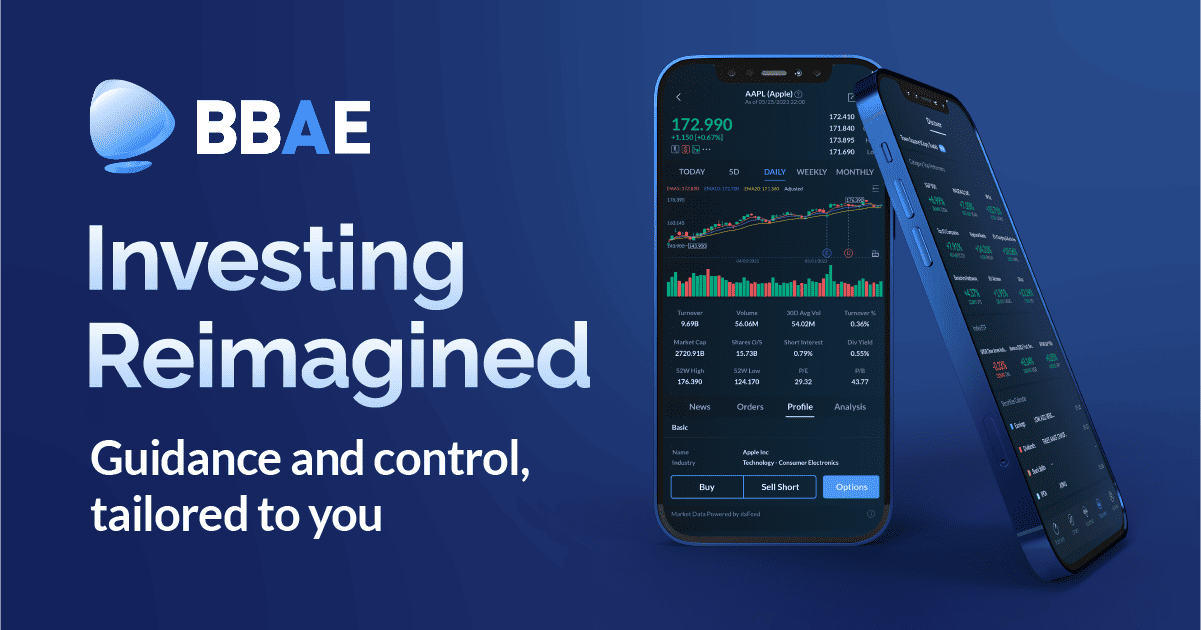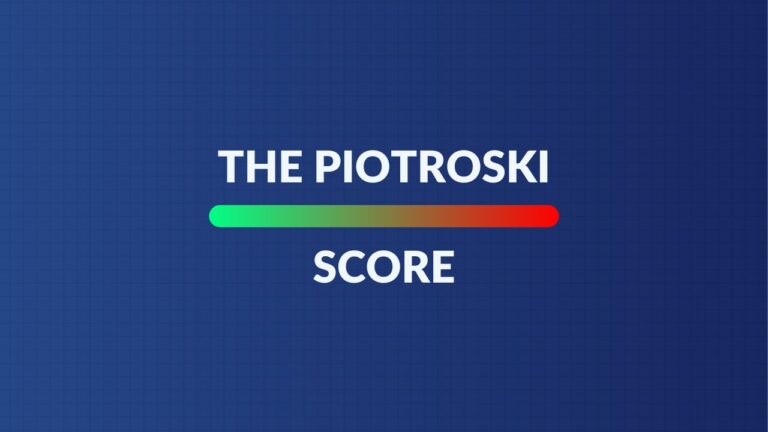SoFi Technologies (SOFI) – Layoffs, Tech Platform & Buckle Up – January 13, 2024
Layoffs
SoFi conducted a round of layoffs this past week involving under 4% of its total staff. The layoffs were broad-based across most departments. Notably, these layoffs were within SoFi Technologies and not the Galileo tech segment (which now includes Technisys). Speculation swirled about what the news meant, naturally with a wide range of assumed reasoning. The company removed this speculation in a note sent out on Wednesday. In the note, it told investors that it “remains committed to continued strong GAAP profitability and tangible book value (TBV) growth.” My favorite word in that quote is “continued” as it implies Q4 GAAP net income and TBV growth won’t be one-off events, but the beginning of enduring trends. That’s not surprising, but still always nice to hear. Consistent GAAP profitability and TBV growth also rely on continued strong revenue growth to drive leverage and origination volume, meaning this is likely not a response to slowing growth. Especially with headcount still expected to grow in 2024 and ramping investments in financial service growth following its profit inflection, SoFi would have a hard time remaining consistently profitable if growth sharply slows.
This decision is also not being made to reach positive GAAP net income in Q4 2023 or Q1 2024. Q4 2023 is already over, which means this will not impact payroll for the company’s upcoming earnings report; severance payments will also last through Q1 2024. It also told investors that the move was to “double down on the top priorities.”
The explanation from the IR team was candidly somewhat vague. I have a couple of potential explanations for why this news is happening now. First, the Technisys M&A likely created obsolete and redundant roles within SoFi’s base of software engineers and customer service employees. Starting with software engineers, SoFi uses the tech platform’s multi-core banking software to power its app. While the Galileo division is technically separate from SoFi, the firm still readily borrows its software, APIs and engineers to help power and maintain the consumer app. Why wouldn’t it?
When SoFi acquired Technisys, it told us that integration would be a “2-3 year journey.” Well? This quarter marks the 2 year anniversary of the M&A. This news could mean that the integration work is done, and with it done, SoFi can turn to optimizing cost and eliminating unnecessary roles. It can do so without having to worry about any headache created by diminishing continuity in the middle of what is often quite chaotic integration work. This was a large purchase for the company and a large undertaking. Now, with all of the talent and software from integrated Galileo/Technisys at SoFi’s disposal, it doesn’t need to employ as many engineers on the SoFi side. There’s less internal need to build new features and maintain existing tools. Galileo and Technisys can do so for them.
From a customer support angle, the AI-powered Galileo/Technisys Konecta product can be easily used by SoFi to automate customer support interactions. They’ll still need humans at this still early stage of the GenAI wave, but likely fewer. We’ve already seen GenAI lead to diminishing headcount needs at companies like Duolingo and Google. They will be far from the only examples.
Aside from these two factors, which I think will turn out to explain most of this news, there still could be some headcount bloat from the age of free money and stimulus. At this point in the monetary cycle, companies can lay off people without attracting negative publicity. Most companies got ahead of themselves with hiring and now would be a good time to right-size while everyone else is. Section 6 of this article strongly depicts that continued reality. SoFi is not remotely close to the worst offender. It still likely wasn’t perfect in modeling headcount needs during what has been historically chaotic 3-year period.
Tech Platform Uncertainty
SoFi received a number of updated analyst notes this week. Deutsche Bank initiated coverage with a hold rating and an $11 price target. While this represents significant upside vs. the share price today, the hold likely stems from the immense volatility associated with the stock (more on this in section c). Barclays raised their target from $8 to $10 and BMO set a hold rating with a $9 price target. I wanted to focus on the DB and the BMO notes specifically, as there was a consistent theme between the two.
Each covered a lack of visibility in tech platform revenue growth. Unlike the KBW note, this tidbit makes a lot of sense and is entirely fair. Galileo leadership embarked on a tech platform transition from chasing all account growth to chasing only high quality, established clients. This meant slowing near term account and revenue growth while tough macro and comps slowed that growth further. Sales cycles are longer with larger clients. Revenue ramps are also faster.
The currently slowing growth (6% Y/Y last quarter) naturally leads to uncertainty in extrapolating a near-term re-acceleration like we’ve been told to expect. Specifically, leadership has told investors that growth will ramp to 10%+ Y/Y in Q4 2023 with further acceleration thereafter. On November 15th, halfway through Q4 2023, CFO Chris Lapointe reiterated this when saying:
“You’re going to see a revenue acceleration in our Tech Platform business as a result of the change in strategy to focus on more durable, larger financial institutions and larger customers with large installed bases. We’ve never been more excited about the demand that we see in the Tech Platform business. We’re in conversations with a number of the top financial institutions right now in request for proposals (RFPs).” – CFO Chris LaPointe November 15th Investor Conference
CEO Anthony Noto echoed this sentiment on the firm’s Q3 2023 call:
“The majority of signed clients in Q3 have existing customer bases and portfolios, which drives much faster time to revenue generation compared to a startup… The demand from traditional financial institutions and new categories is the most robust that we’ve seen. While the lead times for winning RFPs and ensuing integrations are long, measured in many quarters, not months, their transition to modern processing and modern cores is playing out in real time the way we envisioned it would.” – CEO Anthony Noto Q3 call
While there’s a risk to assuming the re-acceleration, I’m somewhat confident in that acceleration coming. Why? Well, first and foremost, when SoFi leadership tells us to expect something, it happens. That has been consistently true since the firm went public in 2020. But we don’t just have to take their reliable word for it. Again, and like Noto said in the quote above, the sales cycle with larger clients is innately longer than with a nimble start-up, which contributed to the temporary slowdown through Q3. The fruits of this transition will begin to pop up in Q4 as newer clients like Experian lead to faster revenue ramps than unestablished companies would. This ramp is already taking place, and the effect should become clearer in a few weeks. So? Leadership isn’t saying growth will accelerate because they’re relying on winning bids for new clients. They’re telling us to expect it because existing clients will begin to generate more revenue for Galileo as they onboard their members.
Two more (unneeded) factors lend confidence that this acceleration will come. First, Galileo’s core payment processing API demand is helped more by rate cuts than perhaps any other product it offers (besides maybe mortgages & student loans). Why? Most of Galileo’s revenue is volume-based. Velocity of money and transaction volume are propped up by easier monetary policy. Monetary policy will almost surely get easier from here. Markets currently expect 7 rate cuts in 2024. Who knows if that will happen, but a peak in the fed funds rate is all but certainly here. Finally, growth comps get much, much easier in 2024 than in 2023.
Large client revenue ramps + easier macro + easier comps = what I view as a low-risk expectation of the tech platform meaningfully re-accelerating.
Buckle Up
Breaking news: SoFi the stock is immensely volatile (in case you hadn’t noticed). While the business keeps chugging along, the profit inflection occurs and this disruptor takes market share, the stock will remain volatile. It will jump 20% and sink 20% on a dime… over & over again. I don’t expect that to stop any time soon. It’s a polarizing name and volatility is very stressful for all investors. If owning this choppy stock is keeping you up at night, regardless of what you think of the business, it may not be worth it to own (or it may need to be a smaller holding). Tranquility is priority 1 in the world of investing. That is the only way to stick to our process through thick & thin. There’s nothing wrong with owning mega-cap tech (like I also do) or index funds.
I’ve decided, as a single 26 year old with material disposable income and a stomach for risk, that the volatility is more than worth holding the stock. That is certainly not the right decision for everyone. If, like me, you’ve decided that it’s worth it for you, then buckle up. More aggressive moves to the upside and the downside are likely coming throughout the foreseeable future. As long as the business continues to execute as impressively as it has, I don’t care and will use the sharp downturns to keep building the position. I’m personally looking at the $7-$7.20 range to add more shares.

Source: YCharts











